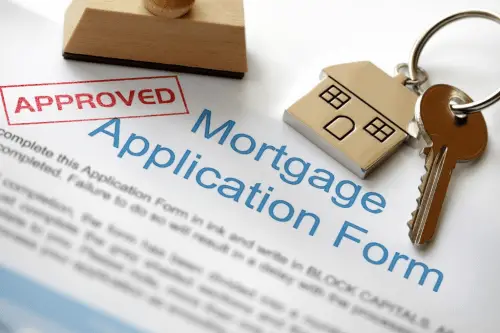If you’re planning to buy a home but don’t have enough cash, you can always apply for a loan. Loans come in handy if you plan on buying a property. When it comes to real estate investments, a mortgage or a home equity loan can be a big help. However, you might be wondering if a mortgage is similar to a home equity loan. This article will help you understand more about a mortgage and a home equity loan, and how they are differentiated.
Summary Table
| Mortgage | Home Equity Loan |
| An initial loan with the property as collateral | A second loan/mortgage with the home equity as collateral |
|
What you apply for in order to purchase a property |
What you apply for after you already have equity in the property |
|
Less strict in terms of qualifications |
More stringent in terms of qualifications |
| Involves lower interest rates | Involves higher interest rates |
Definitions

A mortgage is a kind of loan that you apply for when you want to purchase real estate. When getting a mortgage, the property itself is used as a collateral. When a mortgage is approved, the borrower gets cash upfront. He or she then pays the loan within a specific timeline until the lender is paid in full.

A home equity loan is a kind of loan which a homeowner can use or apply for when in need of money. This type of loan uses the homeowner’s or borrower’s home equity as collateral. Home equity is the valued interest in a home. This may increase if the value of the property increases or when the mortgage balance decreases or is paid.
Mortgage vs Home Equity Loan
The main difference between a home equity loan and a mortgage is on how the loan is acquired. You apply for a mortgage at the onset of planning or wanting to buy a property. On the other hand, you apply for a home equity loan once you have already purchased a property and need cash.
You can apply for both a mortgage and a home equity loan from a variety of lenders.
These include banks, credit unions, or loan companies. Mortgage loans are less strict in terms of qualifications. Mortgages also have lower interest rates compared to home equity loans. This is so because home equity loans involve a somewhat higher level of risk.
During the event that a homeowner defaults on a loan, the first mortgage is a priority over the home equity loan. When the property is auctioned, the money earned will pay for the mortgage lender before the home equity lender.
In terms of collateral, mortgages use the property itself as the collateral. Home equity loans use the equity or the value of the home as collateral.
The loan amount depends on the value of the property. The property value is determined by the appraisers of a lending company.





